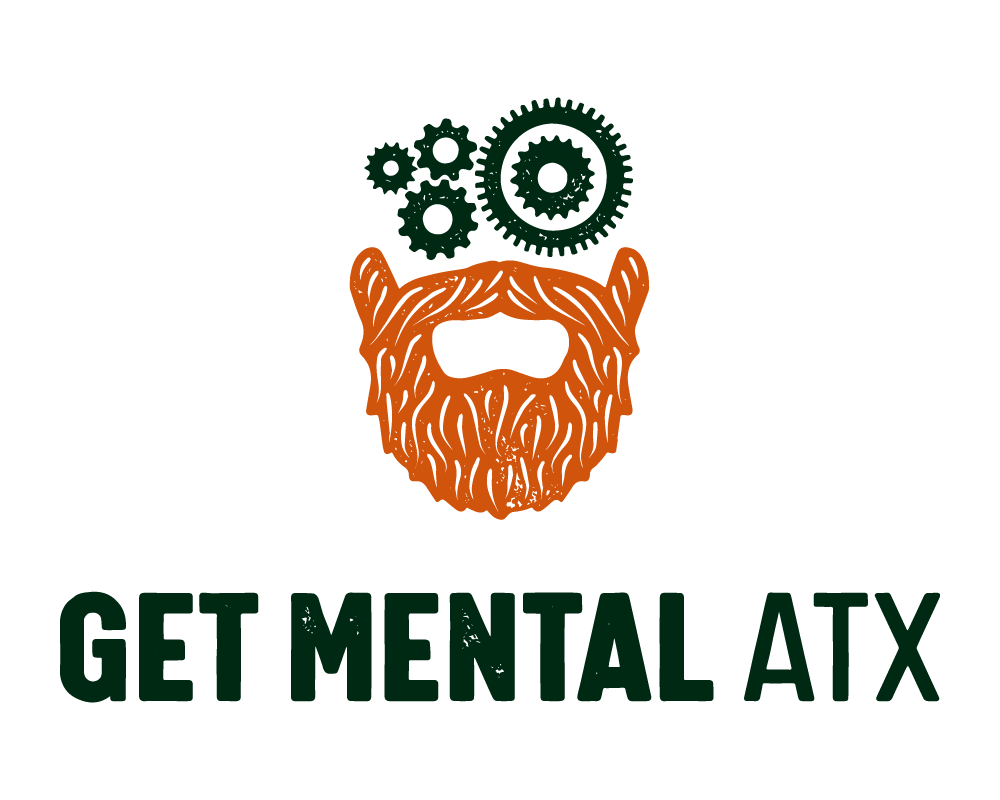How to avoid distraction
You can’t really I don’t think, I mean…probably…maybe…what were we talking about again?
Distraction is just a way of us describing all the things that try to demand our attention, whether those things are physical (like a message alert on your smartphone) or mental (thinking about what you’re going to eat for dinner). Sometimes distractions can feel overwhelming, maybe like we have a desk full of sticky notes with all the stuff we have to do or things to think about. If distraction is the unwanted and unsought after notifications of things happening or our tendency to have our minds wander, then distractions are simply a part of life. You can try to minimize their occurrence in your life, but they will never be gone completely. But you can dramatically change how you react to and deal with those distractions. So, quit trying to control the world and learn how to deal with its little interruptions better.
How to deal with distraction
Having kids has taught me a lot about distraction. I can’t even have my morning cup of coffee without what feels like a million interruptions and distractions. I have trouble finding the time to work without constantly thinking about that weird conversation with a friend from last week. I bet you know what I’m talking about, you have something similar too. One of the best and easiest ways I’ve found to deal with distractions is to stop being mad at them. I used to get really angry every time I found my attention wandering, whether in the boardroom or in a quiet conversation. I would beat myself up about not being better focused. I promised I would just try harder next time and then when I inevitably failed I would be even more upset with myself. Instead, I have found that taking a more gentle approach to dealing with distractions is not only more effective, but helps me stay happier.
First, acknowledge that you are getting distracted. I know it seems pretty obvious that this is happening, but knowing that it’s happening and announcing that fact to yourself cause you to deal with it in completely different ways. Second, recognize what it is that is distracting you and ask yourself why it’s important in that moment. If it’s an alert on your phone, are you expecting a call or message that you need to deal with right now? If it’s thoughts about tonight’s dinner, are you maybe just getting hungry? If it’s something you need to deal with, like grab a snack break, then do that and then return to your task. Third, imagine that you are sitting on the banks of a river. Picture your thoughts as things floating down said river. Notice them, think on them for a few seconds to try and figure out what (if anything) they are trying to tell you. Then watch them float on by. At first this is really difficult, it takes time and effort to think like this, but if you practice this kind of thinking pattern it becomes easier and easier to let the distractions just float on by.
How distraction can be a good thing
Distractions don’t all have to be bad. Sometimes they are just what you need when tackling a difficult problem or working through a long (maybe even tedious) chore. When I find myself in the position that I have a lot of work to do and I just have to buckle down and get it done - I tend to notice that I get extra distracted. It’s almost like my brain is trying to find ways to avoid the work that I need to do. Part of this is just procrastination on my part and when that’s the case I follow the steps above to try and deal with it. But sometimes it’s my brain trying to remind me to take a break. It’s taken some time to get that sense of things, but it started by planning for the distractions ahead off time. When I sit down to do a long bit of work I plan breaks for “me time” right into my schedule. I plan for a 5-10 minute distraction and mindless wandering thought break for every hour of work. Maybe you will need more or less, but having the built in time to let your brain run wild is a good thing. As long as you do come back to your work :)

